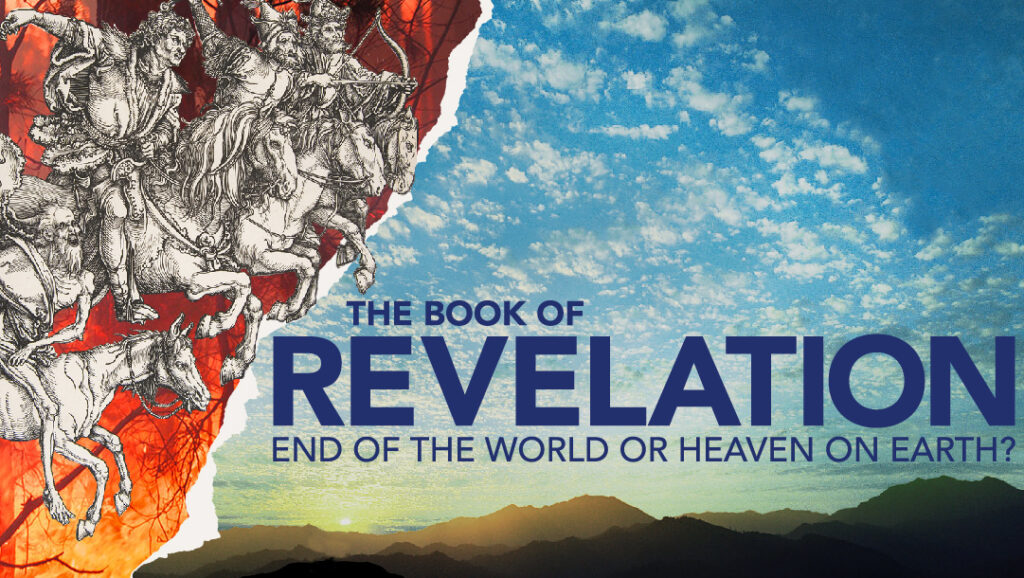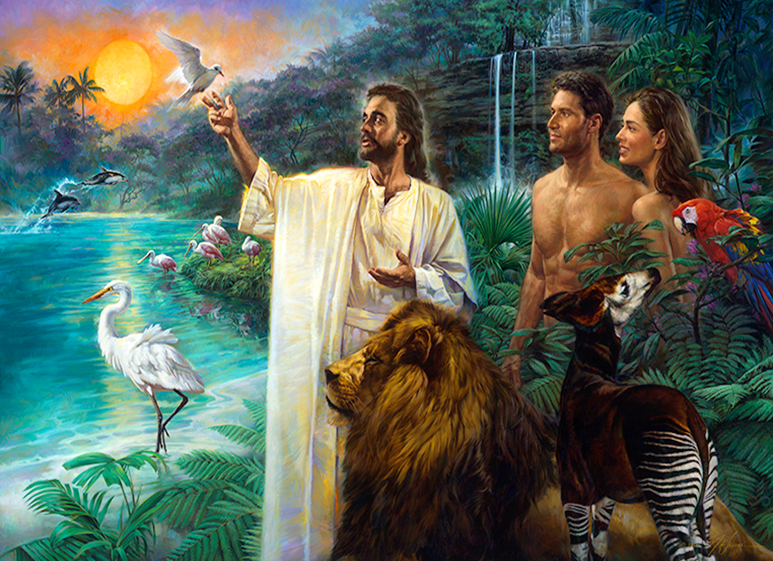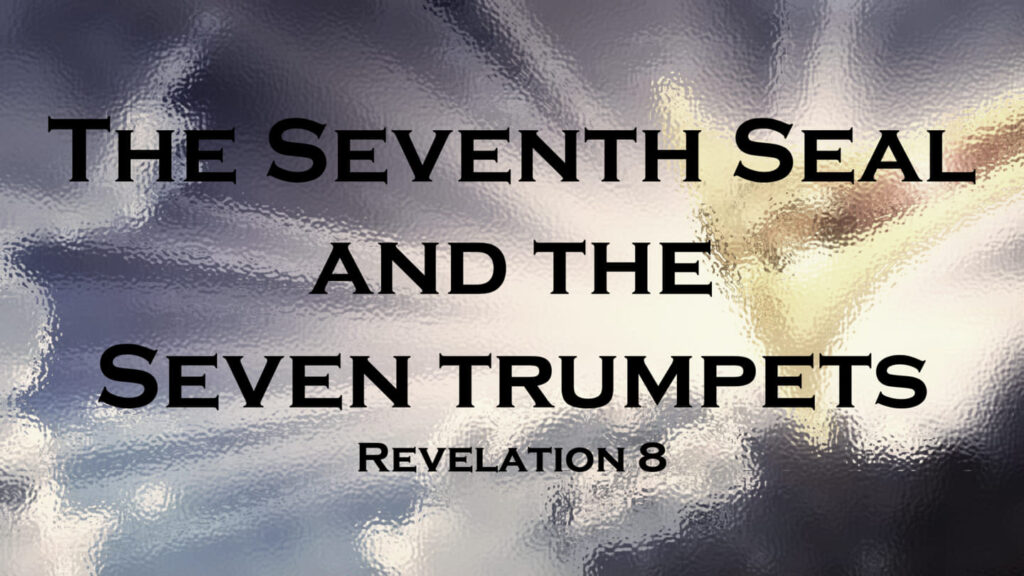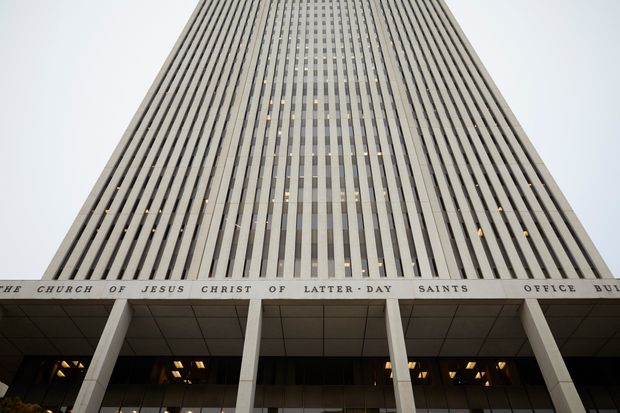To accompany your Come Follow Me study for July 14-20
In addition to reading these four sections and the related Come Follow Me material, you will also want to read:
- Chapter 29: Doctrine and Covenants 77–80 (churchofjesuschrist.org)
- Joseph Smith’s Revelations, Doctrine and Covenants 77 (churchofjesuschrist.org)
- Joseph Smith’s Revelations, Doctrine and Covenants 78 (churchofjesuschrist.org)
- Joseph Smith’s Revelations, Doctrine and Covenants 79 (churchofjesuschrist.org)
- Joseph Smith’s Revelations, Doctrine and Covenants 80 (churchofjesuschrist.org)
- “Newel K. Whitney and the United Firm,” Revelations in Context, 142–47;
- “United Firm,” Church History Topics, ChurchofJesusChrist.org/study/church-history.
You may also enjoy the following video:
If you would like a Kahoot game related to these sections which you could use with your family or class, click here: https://create.kahoot.it/share/doctrine-and-covenants-77-80/d09d1f62-e72d-4be5-b8e0-a13ca45fec9e. To use it with a group, after clicking on this link, you will need to log into Kahoot, creating a free account if you have not done so previously, then click on the blue “Host Live” button or the gray “Assign” button, depending on how you wish to use the Kahoot. Some of the Kahoot questions may presuppose that the player has read through the suggested answers to the following Points to Ponder and at least has browsed the Institute student manual as well.
Points to Ponder in Doctrine and Covenants 77-80
1. How could Joseph Smith say, “the Book of Revelation is one of the plainest books God ever caused to be written,” when many of us find it almost incomprehensible? How much easier is it with the aid of D&C 77?

2. In what respect is the earth to become like a sea of glass? Some don’t think that sounds like a very attractive prospect–rather cold and hard compared to the lovely earth we have now. How could you reassure those who felt concern over the earth’s future?

3. What new information do we learn about animals in D&C 77? What implications does that information have for our treatment of animals?

4. Is it true that the Lord himself worked on the 7th day of creation and created man on that day, or is that a misreading of 77:12? Is it really okay to work a bit on the Sabbath, if the Lord did?

5. Is it possible that we are already living in the 7th thousand years of the earth’s temporal history? What importance, if any, does the answer to this question have?

6. Are faithful Latter-day Saints obligated by D&C 77 to believe the earth is only 6000-7000 years old, despite scientific evidence of much greater antiquity? Explain.

7. D&C 78:5-6 indicates that temporal equality is a prerequisite to spiritual equality? What are the spiritual consequences of one’s having either too much more or too much less of this world’s goods than others?

8. What does 78:14 mean when it indicates that the church is to “stand independent above all other creatures beneath the celestial world”? Are we independent now, or is this a prophecy or commandment which is yet to be fulfilled?

9. What is the current incarnation of the “storehouse” mentioned in 78:3? What is the difference between the “bishops’ storehouse” and the “Lord’s storehouse,” as currently used in Latter-day Saint terminology?

10. How do you reconcile 78:19 with the demonstrable fact that most grateful people are not more than 100 times richer materially than those who are thankless?

11. How could D&C 80 help a missionary who was concerned that once he received his mission call, which he understood was given by revelation, he was subsequently reassigned to a different mission?

12. What other passages in these sections do you feel were especially inspiring or comforting?
Possible Answers to Points to Ponder in Doctrine and Covenants 77-80
1. How could Joseph Smith say, “the Book of Revelation is one of the plainest books God ever caused to be written,” when many of us find it almost incomprehensible? How much easier is it with the aid of D&C 77?
Joseph Smith was probably exaggerating just a little to emphasize his excitement about the additional understand he received through revelation, some of which is included in D&C 77. I think all would agree that D&C 77 helps a lot, as do some other good Latter-day Saint commentaries. But there are still details on which we would not want to be too dogmatic until the predicted events occur, or additional revelation is given.
2. In what respect is the earth to become like a sea of glass? Some don’t think that sounds like a very attractive prospect–rather cold and hard compared to the lovely earth we have now. How could you reassure those who felt concern over the earth’s future?
The comparison with a “sea of glass” has no reference to the glorified earth’s future hardness or composition, but to the flood of revelation which its inhabitants can constantly enjoy, as D&C 130:7 suggests.
3. What new information do we learn about animals in D&C 77? What implications does that information have for our treatment of animals?
We learn that contrary to what some in the Christian world have believed, animals have spirits. And in the eternities, they will be full of knowledge and power and will enjoy “eternal felicity.” It would follow that men should be kind to animals and treat them with respect as part of God’s eternal creation. See Gerald Jones’ article on The Gospel and Animals in the August 1972 Ensign at https://www.churchofjesuschrist.org/study/ensign/1972/08/the-gospel-and-animals?lang=eng#:~:text=The%20first%20reference%20to%20animal%20life%20in%20latter-day,were%20still%20responsible%20for%20their%20killing%20of%20animals.
4. Is it true that the Lord himself worked on the 7th day of creation and created man on that day, or is that a misreading of 77:12? Is it really okay to work a bit on the Sabbath, if the Lord did?
It does appear that the Lord completed His work of creation on the seventh day, after which He rested for the balance of it, whatever that may mean. Obviously, we all must do a bit of “work” every Sunday even to get out of bed, dress and groom ourselves, eat breakfast, drive to church, etc. Some, such as dairy farmers, must do a good deal more. Those who understand the purpose of the Sabbath, however, will look for ways to simplify their Sunday routine and for opportunities to spend the maximum amount of time possible in worship and in service to God and man rather than seek excuses to go about their normal weekday pursuits. God’s “work” on the seventh day was to bless us, not for any selfish purpose. It was fully consistent with the kind of work we would want to do on the Sabbath as we busy ourselves in joyful efforts to bless others and build up the kingdom of God.
5. Is it possible that we are already living in the 7th thousand years of the earth’s temporal history? What importance, if any, does the answer to this question have?
A look at Revelation chapters 7 and 8 would suggest it may be more likely that we are still nearing the end of the sixth thousand years. Most of what is foretold in chapters 8 and 9, following the opening of the seventh seal, seems yet future.
However, others could argue that wars and plagues currently seen in parts of the earth sound very much like those described in Revelation 8 and 9, which correspond to the beginning of the seventh thousand years, when many of the Lord’s final preparations for the Second Coming were to occur. It really makes little, if any, difference whether we are nearing the end of the sixth thousand years or are already in the beginning of the seventh, as there was never anything magical associated with the exact date of the completion of the first six thousand years.
6. Are faithful Latter-day Saints obligated by D&C 77 to believe the earth is only 6000-7000 years old, despite scientific evidence of much greater antiquity? Explain.
The Church has no official position on how much time was involved in the creation of the earth. The “days” of creation were of unspecified duration. The earth at that point was not in its current orbit relative to the sun, by which we currently measure time. The sun is not even mentioned until the third day of creation. The total span of creation could have encompassed millions of years.
However, most Latter-day Saint commentators have understood the reference in D&C 77 to “the seven thousand years” of the earth’s “continuance, or its temporal existence,” to mean the time from the fall of Adam until the end of the Millennium and to be literal years as we count them. However, H. Dean Garrett and Stephen E. Robinson, in their Commentary on the Doctrine and Covenants, volume 2, admit the possibility that these seven thousand year periods could also be only approximate or represent undefined periods of time. They write:
“The seven thousand years of its continuance: The seven thousand years refers to the period of time between the fall of Adam and the end of the Millennium. Just as the earth was created in seven “days,” so it will experience its temporal existence for seven “days”—a thousand years being as one day with the Lord (see Abraham 3:4; facsimile 2, figure 1; 2 Peter 3:8). Just as the seven “days” of the earth’s creation are figurative days representing undefined periods of time, even so it is possible that the seven parallel “days” of the earth’s temporal existence are also figurative days representing undefined periods of time. Nevertheless, many of the modern apostles and prophets have alluded to these “days” as being literally of one thousand years each. Whether the days are understood as literal thousand-year periods or as figurative periods of time, the first six of these periods will cover the earth’s telestial history, while in the seventh period the earth will be restored to a terrestrial or paradisiacal state (see Articles of Faith 1:10.”
No one is obligated to believe anything which is not true, and Latter-day Saints should feel quite free to seek both secular learning and spiritual inspiration on subjects on which the Lord has not seen fit to give more specific information.
7. D&C 78:5-6 indicates that temporal equality is a prerequisite to spiritual equality? What are the spiritual consequences of one’s having either too much more or too much less of this world’s goods than others?
It is hard to focus on prayer, scripture reading, and meditation if one is out of work or is worried about how to provide the next meal or adequate shelter for his family. On the other hand, if one has an excess, it is easy to become prideful and focus too much time and energy on worldly things. Both are detrimental to spirituality, as D&C 56:16-17 reminds us. Willingness to share with those less fortunate, as a manifestation of our gratitude for what we have and a love for those less favored, opens the way for an outpouring of spiritual blessings.
8. What does 78:14 mean when it indicates that the church is to “stand independent above all other creatures beneath the celestial world”? Are we independent now, or is this a prophecy or commandment which is yet to be fulfilled?
This would seem to be a goal toward which, as a Church, we are still striving. Its ultimate fulfillment will presumably be after the building of a city of Zion, or the New Jerusalem. But even now, the Church strives to take care of the temporal as well as spiritual needs of its members in admirable fashion. The “Life Help” section at https://www.churchofjesuschrist.org/topics/families-and-individuals/lifes-challenges/hope-and-help?lang=eng has numerous topics on which the Church is prepared to help its members in a myriad of areas, including education, employment, addiction recovery, family relationships, adoption, dealing with pornography, mental and emotional health, self-reliance, and preparedness. The Church, however, is not yet so “independent above all other creatures” that it does not invite its members to take advantage of other help available from governmental and community resources.
9. What is the current incarnation of the “storehouse” mentioned in 78:3? What is the difference between the “bishops’ storehouse” and the “Lord’s storehouse,” as currently used in Latter-day Saint terminology?
The General Handbook explains: ”In some locations the Church has established buildings called bishops’ storehouses. When members receive permission from their bishop, they may go to the bishops’ storehouse to obtain food and clothing. But the Lord’s storehouse is not limited to a building used to distribute food and clothing to the poor. It also includes Church members’ offerings of time, talents, compassion, materials, and financial means that are made available to the bishop to help care for the poor and needy. The Lord’s storehouse, then, exists in each ward. These offerings are “to be cast into the Lord’s storehouse, . . . every man seeking the interest of his neighbor, and doing all things with an eye single to the glory of God” (Doctrine and Covenants 82:18–19). The bishop is the agent of the Lord’s storehouse.”
10. How do you reconcile 78:19 with the demonstrable fact that most grateful people are not more than 100 times richer materially than those who are thankless?
There is no stated or implied statute of limitations to the Lord’s promise. As this earth will eventually become the abode of celestial beings, who will receive an inheritance thereon, a fulfillment of the promise in eternity is fully valid.
11. How could D&C 80 help a missionary who was concerned that once he received his mission call, which he understood was given by revelation, he was subsequently reassigned to a different mission?
As Elder David A. Bedner is quoted as saying in the Come Follow Me manual, “Perhaps one of the lessons the Savior is teaching us in this revelation is that an assignment to labor in a specific place is essential and important but secondary to a call to the work.” As the Lord told Stephen Burnett and Eden Smith, whether they went north, south, east, or west, it didn’t matter, as they could not go “amiss.” And certainly, the same prophetic authority under which the initial call was made is involved in any reassignment, as the Brethren become aware of additional details of the circumstances of the missionary or needs of the various missions.
12. What other passages in these sections do you feel were especially inspiring or comforting?
My list would include:
- 78:7: “ If you will that I give unto you a place in the celestial world, you must prepare yourselves by doing the things which I have commanded you and required of you.”
- 78:18: “Be of good cheer, for I will lead you along. The kingdom is yours and the blessings thereof are yours, and the riches of eternity are yours.”
- 78:22: “He that is a faithful and wise steward shall inherit all things.”
- 79:2: Missionaries in general can apply this counsel to themselves: “And I will send upon him the Comforter, which shall teach him the truth and the way whither he shall go; And inasmuch as he is faithful, I will crown him again with sheaves. Wherefore, let your heart be glad…and fear not, saith your Lord, even Jesus Christ.”
